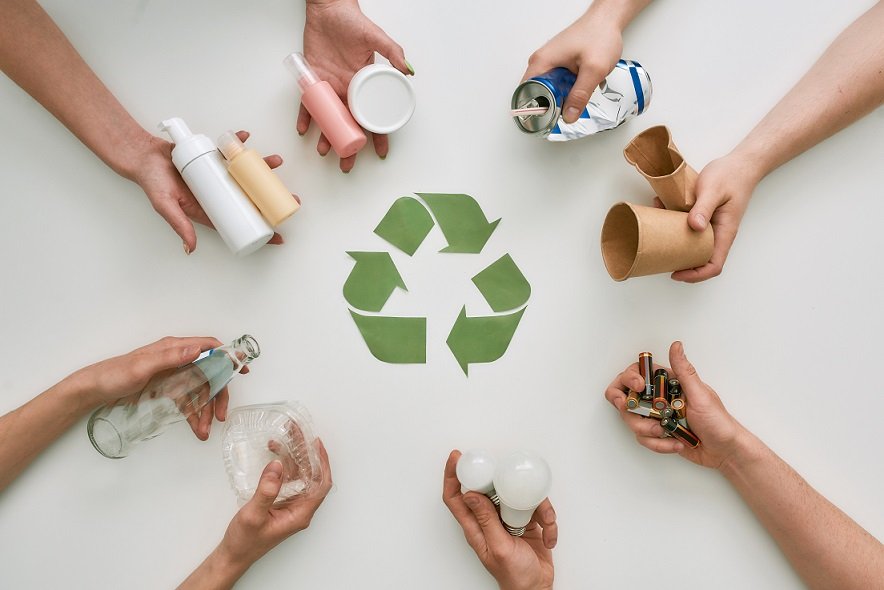On August 6, 2024, the Malaysian Ministry of Housing and Local Government announced the “Circular Economy in Solid Waste Blueprint (2025 to 2035).” This document outlines future plans and directions to address waste and sustainability issues towards building a circular economy in the country. Within this, it provides clues as to how the planned Extended Producer Responsibility (EPR) system will be established.
In establishing the EPR system, it suggests considering and incorporating the following points in particular:
Regulated Companies and Their Obligations
At this point, the conditions for companies subject to regulation are not yet clear, but the Blueprint provisionally defines Obliged Companies as follows, and if any of these apply to a company, it is considered to be an Obliged Company. However, there was no specific information such as which industry sectors would be covered.
- Producers in Malaysia selling their own products
- Producers in Malaysia who outsource the manufacture of their own products (brand owners)
- Importers importing packaged products into Malaysia
It was also stated that if designated as an Obliged Company, mainly the following three obligations would be imposed:
- Register on the producer-specific platform developed by the ministry
- Report data such as the composition and amount of waste generated, and the amount of packaging materials derived from products placed on the market
- Report the amount of discarded packaging materials or products that have been collected and recycled
Producer Responsibility Organization (PRO)
Utilize the Producer Responsibility Organization (PRO). When producers fulfil EPR obligations, the PRO is comprehensively responsible for the collection, treatment, recycling, and disposal of generated waste.
Fees
In this EPR system, it appears that Obliged Companies will be charged two types of fees: EPR fees and general fees. EPR fees are calculated based on the weight of packaging materials or products. On the other hand, general fees are calculated based on factors such as the type of waste and recycling costs. However, for both, there is no mention of how they will be charged (payment frequency, cost estimates, etc.).
Apart from the above, it was also mentioned that mandatory recycling labeling and the establishment of guidelines for product design are planned.
The original text of the document can be downloaded from the following URL (in Malay):
https://anyflip.com/fujgi/rzme/basic
 Malaysia Announces Circular Economy in Solid Waste Blueprint
Malaysia Announces Circular Economy in Solid Waste Blueprint 

























